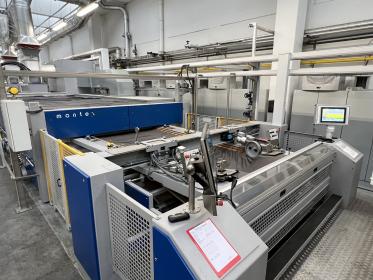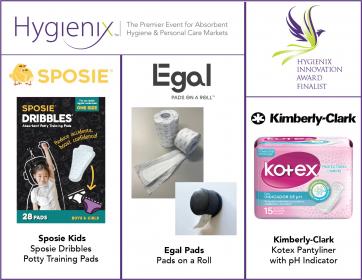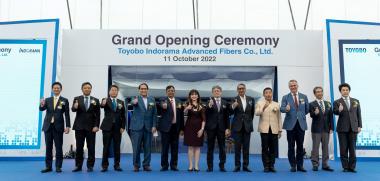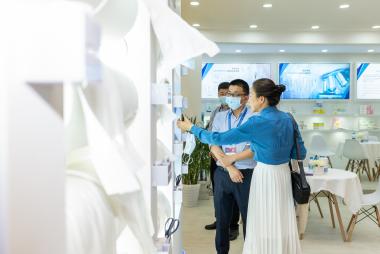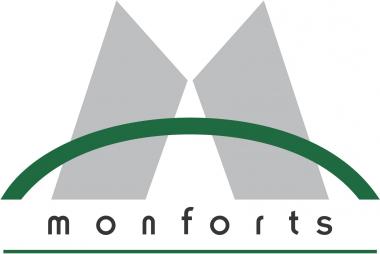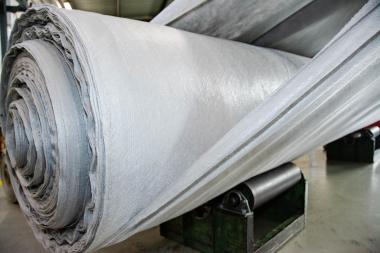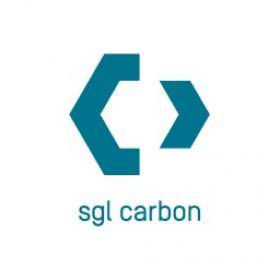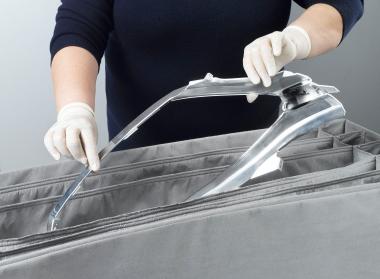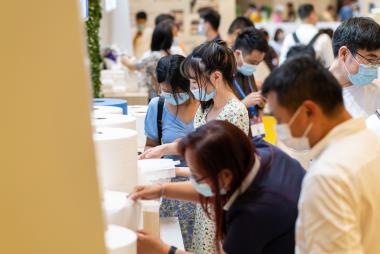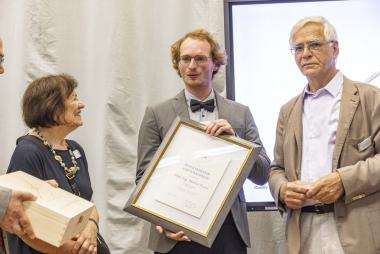Dow: Advanced silicone ink for printing especially on highly elastic garments
- Patented SILASTIC™ LCF 9600 M Textile Printing Ink Base addresses growing demand for improved performance in textile applications
With the continued global growth of the apparel market, the use of polyester, nylon and blends of these materials with elastane is also on the rise, especially in sportswear and loungewear. To support this higher demand for synthetic textiles, Dow is launching a patented silicone ink – SILASTIC™ LCF 9600 M Textile Printing Ink Base – that can be used for printing on synthetic and cotton fabrics, particularly highly elastic garments.
The increased use of synthetic yarns in recent years has resulted in greater performance requirements on ink chemistries such as durability, elongation and ease of use in highly elastic sportwear. To address these needs, Dow leveraged the exceptional benefits of silicone ink bases with products such as SILASTIC™ LCF 9600 Textile Printing Ink Base and SILASTIC™ 9601 Textile Printing Ink Base.
Designed for an increased matte effect and improved hand feel, the patented SILASTIC™ LCF 9600 M offers excellent wash durability, high elongation, very soft low tack touch and avoids the “orange peel effect” on cotton substrates. Additionally, SILASTIC™ LCF 9600 M enables safer textile development with its ability to be formulated without the use of PVC, phthalates, solvents, organotins and formaldehyde.
DOW






